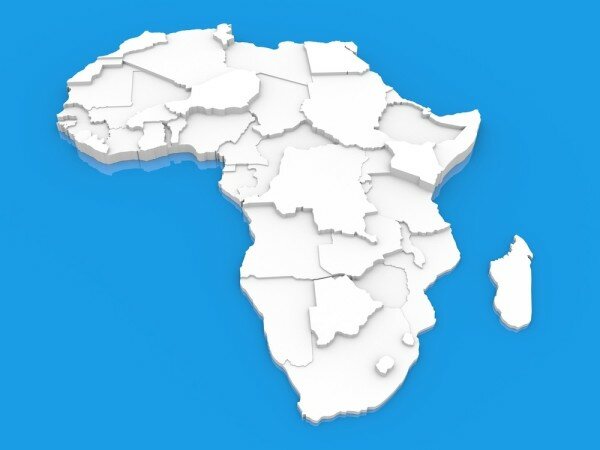
South Africa and Kenya were the only African countries of 14 surveyed to be found to have true online freedom in a new report.
The Freedom on the Net 2013 report, conducted by Freedom House, involved an assessment of the internet and digital media across 60 countries globally.
Both South Africa and Kenya were categorised as free, though South Africa was reported to have a new law or directive which increases censorship or the restriction of anonymity.
For South Africa, the report stated : “Digital freedom is generally respected in South Africa,” however, “in 2012 and early 2013, internet freedom in South Africa was threatened by two pieces of legislation: the General Intelligence Laws Amendment Bill (GILAB), which aimed to legalise the bulk monitoring of communications known as ‘foreign signals intelligence’ without judicial oversight in its original 2011 version, which makes it illegal to publish and access certain state information.”
The report said this affects “whistle blowers in both traditional and digital media, bloggers, and internet users in South Africa”.
Regarding Kenya, the report stated: “While there were no known incidents of government filtering or interference with online content in the past year, the Blue Coat PacketShaper – a device that can help control undesirable traffic by filtering application traffic by content category – was discovered in Kenya alongside 18 other countries around the world.”
Sanja Kelly, director of the project, said over the course of the past year the number of websites being censored has increased globally and internet users in various countries have been tortured, arrested, and killed over the content they posted online.
“Governments around the world are increasingly established mechanisms to block what they deem to be undesirable information,” said Kelly. “In many cases the censorship targets content involving child pornography, illegal gambling, copyright infringement or incitement to violence.”
Kelly added: “However, a growing number of governments are also engaging in deliberate efforts to block access to information related to politics, social issues, and human rights.”
The Freedom on the Net survey divided countries into three categories, namely: free, partially free, and not free.
Partially free African countries include Angola, Egypt, Libya, Malawi, Morocco, Nigeria, Rwanda, and Zimbabwe. The only two countries found to not be free were Ethiopia and Sudan.
Both Ethiopia and Sudan were considered not free due to the blocking of social media and communication applications, the manipulation of online discussions by pro-government commentators, bloggers and ICT users arrested for online political comments, technical attacks against government critics and human rights organisations, and the blocking of political, social and/or religious content.
Globally, the country reported to be the most free in terms of online freedom is Iceland, and the least free is Iran.

















